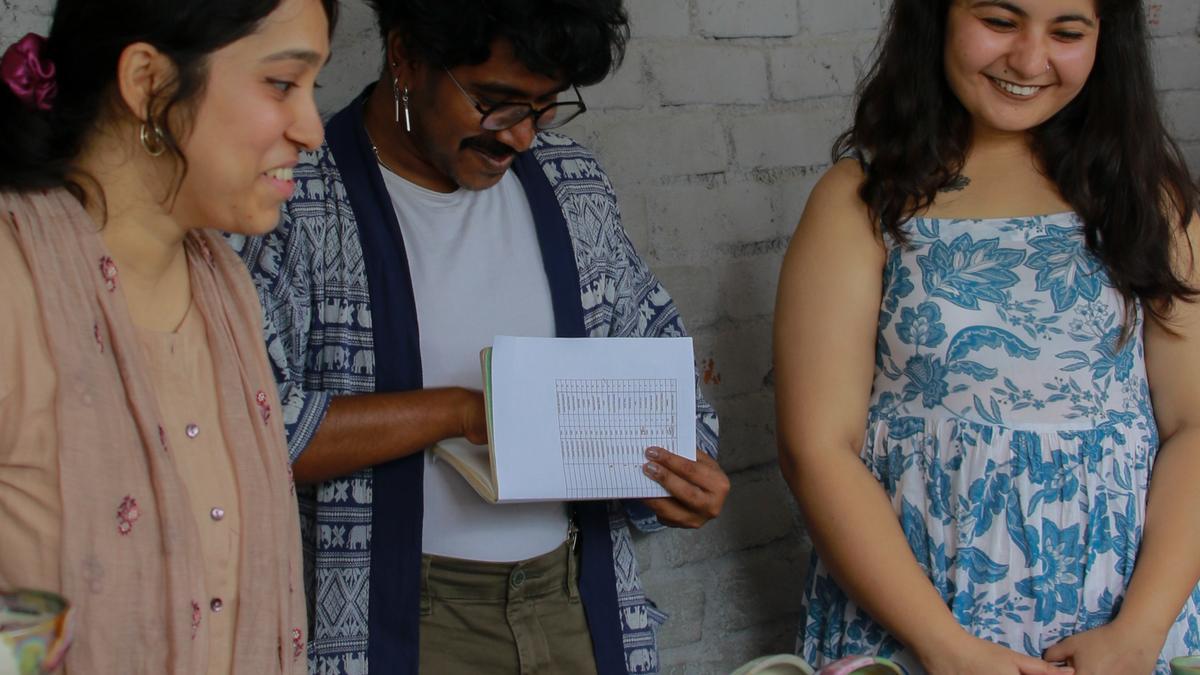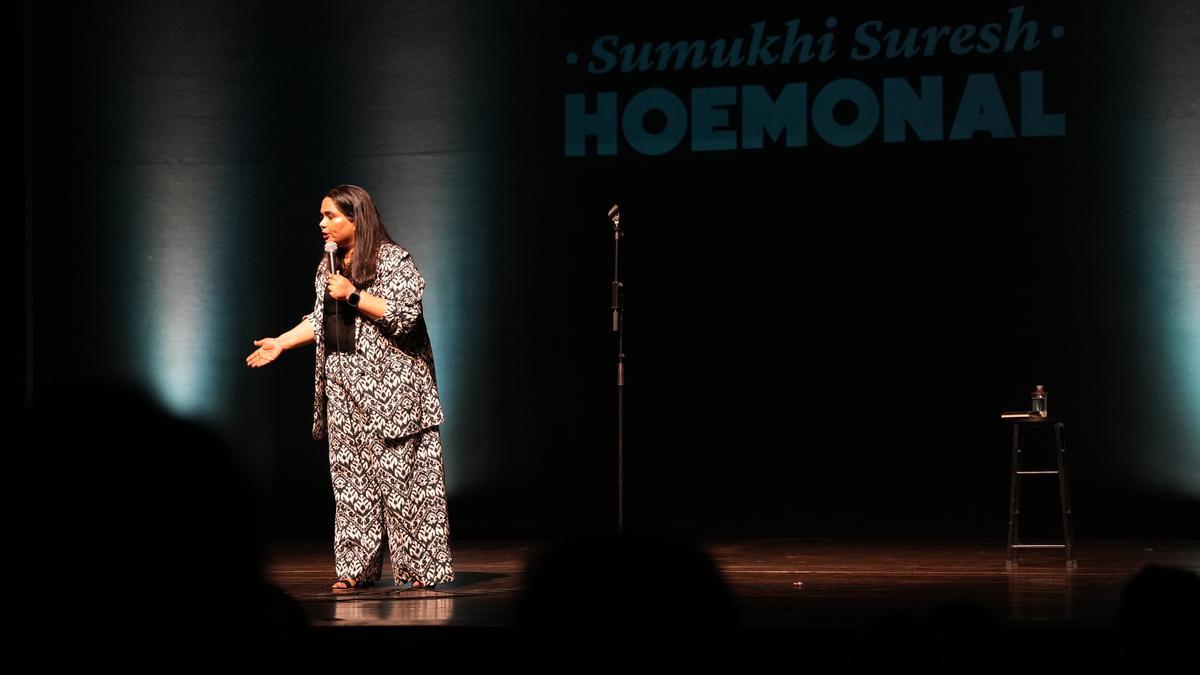
If one conducts a census of popular Hindi cinema, the depiction of Dalits and their issues would constitute a minority. So, it is refreshing to witness an action entertainer centered around caste atrocities carried out in the name of divine justice in the heartland of India. The sight of B.R. Ambedkar’s photo inside a home, linked to something as ubiquitous yet meaningful as a mirror, is heartening.
“Vedaa” follows Vedaa Bairwa (Sharvari), a Dalit law student who seeks to rise above her societal constraints by joining a college boxing club. However, the self-appointed custodians of social order deem her fit only to clean the floors for aspirants of the upper echelons of the caste system. She finds an unexpected ally in Abhimanyu, an ex-Army officer grappling with personal tragedy, who has returned to his wife’s village and serves as a boxing trainer at a local college.
Set against a backdrop of stifling patriarchy where politicians feign progressiveness as long as the caste order remains intact, the duo comes into conflict with the head of a caste panchayat, Jitendra Pratap Singh (Abhishek Banerjee). Jitendra, though the father of a daughter and seemingly politically correct, belongs to a bridging generation. His father (played by Ashish Vidyarthi in a chilling performance) upholds age-old traditions, while his younger brother assumes the role of a local thug, eager to exert power. In essence, he resembles a character akin to Munna from “Mirzapur,” misplaced in Barmer. The situation spirals out of control when Vedaa’s brother is discovered in a relationship with an upper-caste girl, prompting Jitendra to lose his temper, resulting in chaos.
Director Nikkhil Advani, once known for conjuring romantic tales, has meticulously crafted a heartless world for this narrative. The brooding hero riding a beast through a sombre atmosphere creates a moving picture. The defiant protagonist who discusses constitutional rights while packing a powerful punch emerges as a determined ally in this unequal fight for fundamental human dignity. Vedaa aspires to seek justice in the local courts, but the court-martialled officer, Abhimanyu, thinks differently.
. The story is expected to unfold her journey in this struggle.
However, Nikkhil Advani seems uncertain about integrating the social issues seamlessly into a John Abraham-starrer action flick. Would it appear too intellectual and beyond the reach of an audience that associates John with high-octane action sequences akin to “The Transporter”? Thus, Nikkhil enriches the script with conventional action staples while subtly altering the context. This approach results in long, sometimes meandering action sequences interspersed with discussions about equality. Certain moments lack intrinsic logic, giving the impression that the narrative is orchestrated to trap, chase, and rescue Vedaa, akin to a video game algorithm.
The film’s disclaimer states that it draws from real-life stories, which it indeed does, but writer Aseem Arora has tailored the narrative in a Bollywood fashion. The performances are noteworthy, with John mastering the art of intense staring. A character in the film remarks about Abhimanyu, “ghoorta bahut hai” (he stares a lot), which fits John perfectly. Sharvari, who is improving with every project, could have benefited from more physical transformation. The action choreography is commendable, yet the anticipation for a more substantial conflict remains unmet. Viewers keep waiting for John to transition from the driver’s seat to the pillion, but this shift is persistently delayed. By the film’s conclusion, the silent atheist starts quoting from the Mahabharata.
When the blend of serious issues and commercial elements isn’t smooth, it can feel like a significant issue is being used merely to temper the usual masala fare. The creators appear mindful of ensuring Abhimanyu doesn’t overshadow Vedaa as her savior, but this calculated approach disrupts the film’s flow. The film might have lost some of its edge during its time with the Censor Board, but both Nikkhil Advani and John Abraham seem to belong to a transitional generation. They can’t completely abandon the allure of an item number while attempting to avoid political incorrectness.
“Vedaa” is currently running in theatres and offers a cinematic experience that challenges mainstream narratives, juxtaposing high-octane action with deep-rooted social commentary.










